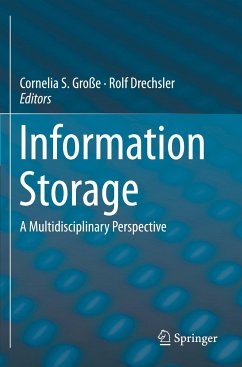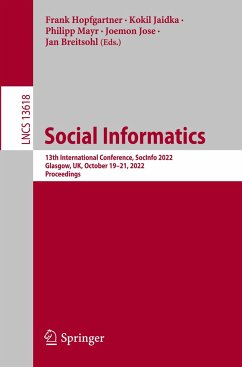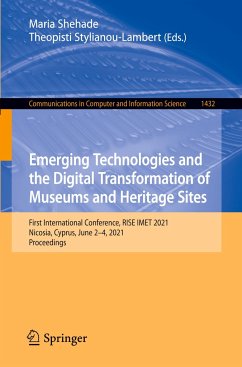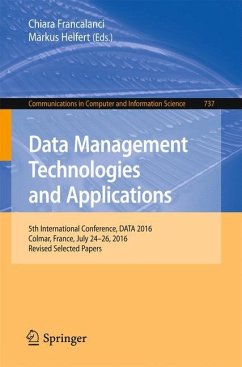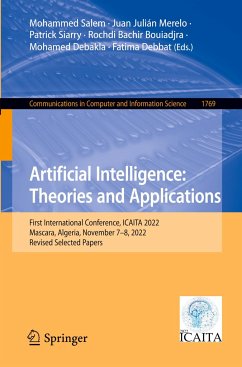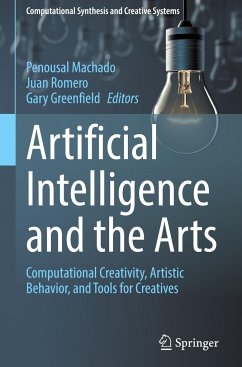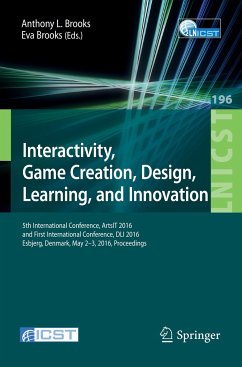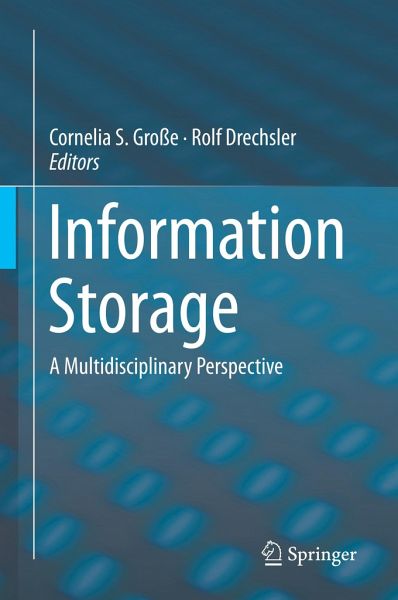
Information Storage
A Multidisciplinary Perspective
Herausgegeben: Große, Cornelia S.; Drechsler, Rolf

PAYBACK Punkte
38 °P sammeln!
This book examines some of the underlying processes behind different forms of information management, including how we store information in our brains, the impact of new technologies such as computers and robots on our efficiency in storing information, and how information is stored in families and in society.The editors brought together experts from a variety of disciplines. While it is generally agreed that information reduces uncertainties and that the ability to store it safely is of vital importance, these authors are open to different meanings of "information": computer science considers...
This book examines some of the underlying processes behind different forms of information management, including how we store information in our brains, the impact of new technologies such as computers and robots on our efficiency in storing information, and how information is stored in families and in society.
The editors brought together experts from a variety of disciplines. While it is generally agreed that information reduces uncertainties and that the ability to store it safely is of vital importance, these authors are open to different meanings of "information": computer science considers the bit as the information block; neuroscience emphasizes the importance of information as sensory inputs that are processed and transformed in the brain; theories in psychology focus more on individual learning and on the acquisition of knowledge; and finally sociology looks at how interpersonal processes within groups or society itself come to the fore.
The book will be of value to researchers and students in the areas of information theory, artificial intelligence, and computational neuroscience.
The editors brought together experts from a variety of disciplines. While it is generally agreed that information reduces uncertainties and that the ability to store it safely is of vital importance, these authors are open to different meanings of "information": computer science considers the bit as the information block; neuroscience emphasizes the importance of information as sensory inputs that are processed and transformed in the brain; theories in psychology focus more on individual learning and on the acquisition of knowledge; and finally sociology looks at how interpersonal processes within groups or society itself come to the fore.
The book will be of value to researchers and students in the areas of information theory, artificial intelligence, and computational neuroscience.





